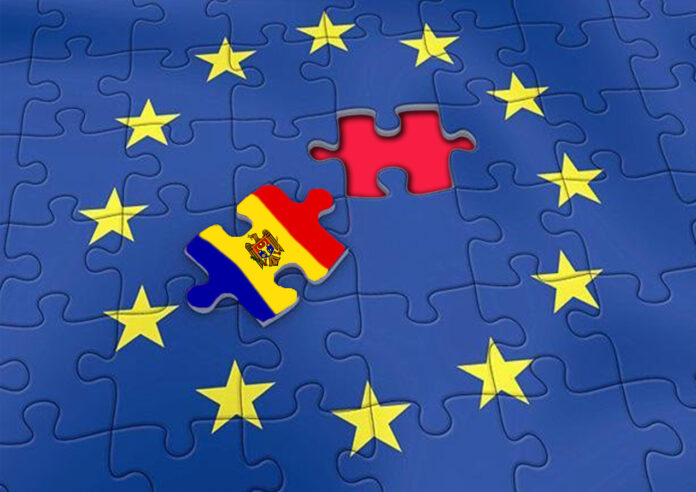May 1 marks 20 years since the EU’s highest wave of enlargement. Since 2004, citizens from Cyprus, the Czech Republic, Estonia, Hungary, Latvia, Lithuania, Malta, Poland, Slovakia and Slovenia have been part of the European Union. In 2007, Romania, Bulgaria, and Croatia joined them.
The key to success – adapting to the rigors of the EU
The new member countries have had to adapt to European standards in all areas to take advantage of opportunities and face increased competition in the market. The European Union has been and remains ready to ensure the process’s fairness and provide financial and advisory support.
On average, 79% of citizens of the countries that joined the EU in 2004 consider that their country has benefited from European opportunities. At the same time, 70% of citizens of the 15 EU Member States in 2004 believed that accession allowed benefits to the community.
Benefits for people
Over the last 20 years, the European Union has made significant progress on social rights, health and environmental protection, waste management, consumer rights, and product safety.
Since 2004, more than 2.7 million young people from the 10 Member States have participated in the Erasmus+ program.
Over 20 years, average life expectancy in the EU has increased from 75 to 79 years. Citizens of the countries that joined the community in 2004 have become satisfied with their standard of living, with the indicator rising from 68% to 89%, according to Eurobarometer.
Real wages have doubled since 2004, and poverty levels have halved. The 26 million new jobs created across the EU in 20 years.
The social exclusion level has fallen from 37% in 2005 to 17% in 2020. The number of children at risk of poverty fell from 41% to 17% over the same period.
FOR THE MOST IMPORTANT NEWS, FOLLOW US ON TWITTER!
Investment, industry, and the EU economy
Access to a larger single market has benefited industries. Between 2004 and 2022, Slovakia doubled its production of metals and the Czech Republic – paper products.
Through the Common Agricultural Policy, the EU has helped modernize agriculture and the food sector in the countries joining the community in 2024.
The EU has added over 280 products from ten countries to its products list with protected designations of origin.
With EU funding, the length of motorways has tripled in Poland, Hungary, and Slovakia over the past two decades. Since 2004, Lithuania’s rail network has expanded by 200 kilometers.
Since 2004, the EU’s overall international trade has expanded by €3 trillion, reaching €5 trillion in 2023.
The success that Moldova can repeat
EU enlargement in 2004 was a success story. The community has become more cohesive, promoted prosperity and democracy, and has become a strong geopolitical player.
The new Member States are facing European and global challenges. While the financial crisis, the pandemic, the war in Ukraine, and hostilities in the West have tested European unity, the EU has been able to deliver answers and results and become stronger.
Having opened EU accession negotiations, Moldova can become another of the EU’s success stories. Our country’s citizens enjoy visa-free travel to Member States, while businessmen export their products and expand into European markets.
The European Union is investing in Moldova’s innovation. Businesses, the social sector, and the authorities benefit from the support of the Member States, either financially or in terms of expertise.
Thousands of young Moldovans are studying in Europe. Eurostat data for 2023 show that 14,500 Moldovans are studying in the European Union – Romania, Germany, France, and Bulgaria. Denmark, Italy, the Czech Republic, and Austria are the countries most often chosen by Moldovans to go to school. The opportunities will become more varied as soon as our country joins the EU.
Moldova’s prestige grows as we move closer to the EU
Our country has already begun to write its own success story, having applied for membership and opened negotiations. Senior European officials welcome leaders in Chisinau, while EU leaders and heads of state showed a growing interest in visiting Moldova.
The 2023 summit, held in Bulboaca, has already made history and enhanced Moldova’s reputation in the eyes of EU member countries. For the first time in the history of its independence, it received almost 50 high-ranking foreign officials in a single day.
So, it is time to strengthen ourselves to confirm that we are Europeans and share European values through actions and attitudes. So that the ambitious plan set by the authorities becomes a reality, and in 2030, we can proudly say that we are members of the European Union.
It is the right time to show that Moldova can repeat the success story of 2004!


